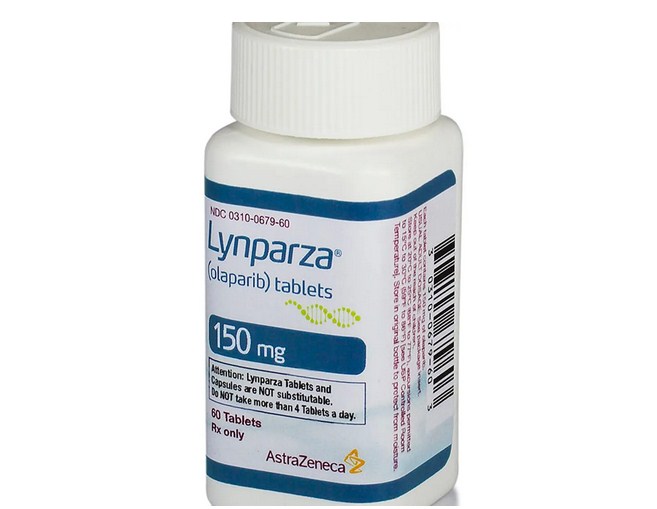
A new study published in the New England Journal of Medicine highlights Lynparza, a new breast cancer pill that shows promise in treating harder cancer cases. The drug is marketed by AstraZeneca and Merck and generated $1.8 billion in sales last year in the United States. The medication is a PARP inhibitor that targets cancer cells that have mutated and become harder to treat.
In a research-backed by AstraZeneca and the National Cancer Institute, researchers evaluated the impacts of Lynparza in 1,836 participants who suffered early but aggressive breast cancer. About 82% of the participants suffered from triple-negative breast cancer, meaning their cancer tumors were not caused by estrogen and progesterone – a much aggressive form of breast cancer that proves most difficult to treat.
The participants recruited for the study were administered with Lynparza for one year after surgery and chemotherapy, while a second group was also given a placebo for one year after surgery and chemotherapy. The participants were monitored for three years; 86% of the group that had the drug was alive and their cancer did not recur, while the group that had a placebo had 77% of patients alive with their cancer gone.
Although side effects such as anemia, fatigue, and abnormal blood cell counts were observed in the participants, their effects were not as severe as can be seen in other cancer drugs. A cancer radiation expert at the University of Michigan and the president of ASCO, Dr. Lori Pierce, said the results obtained from the study of Lynparza show that breast cancer patients should be tested for BRCA mutations so that oncologists could know the best treatment options for them.
Lynparza has been found to be significantly effective in treating difficult breast cancer as well as some cancers of the ovaries, prostate, and pancreas.
The drug costs $14,400 per month per patient and has emerged to be one of the topmost income generators for AstraZeneca and Merck. Another PARP inhibitor that has proven to be nearly effective in treating breast cancer was manufactured by Tesaro and acquired for over $5 billion in 2019 by GlaxoSmithKline. Out of the $14,000 monthly cost of Lynparza per patient, individuals may be assisted to pay through insurance and other medical schemes.
Source: foxnews.com











